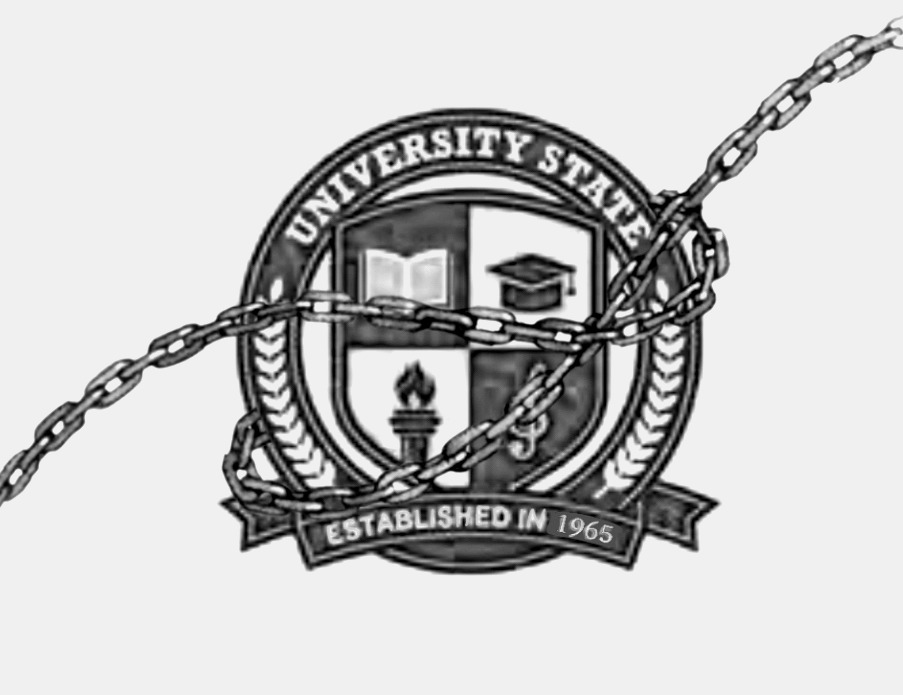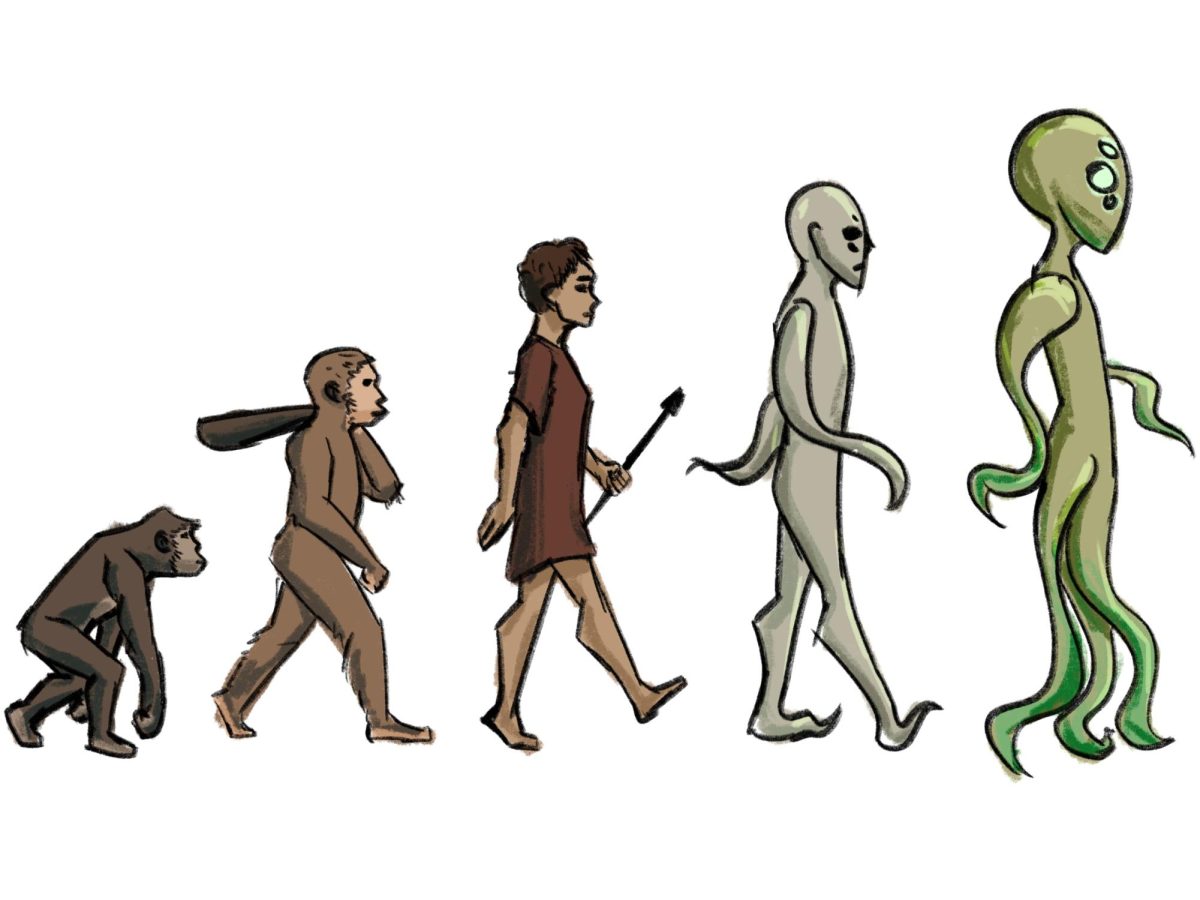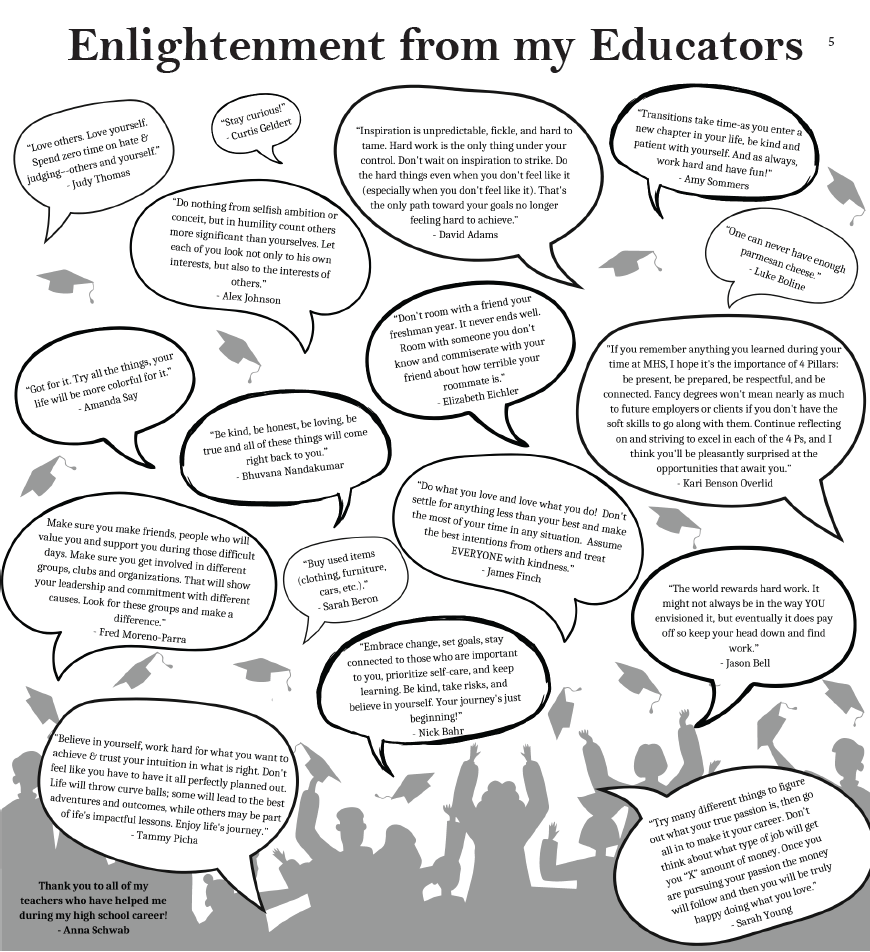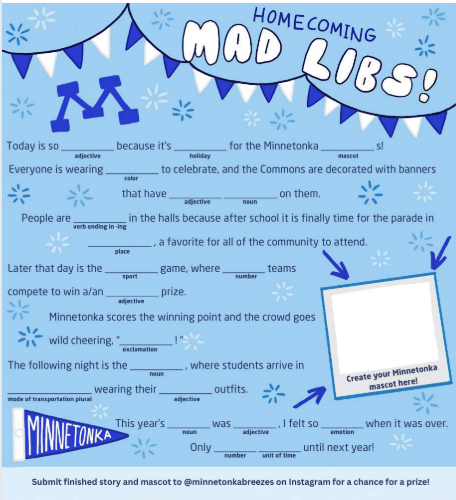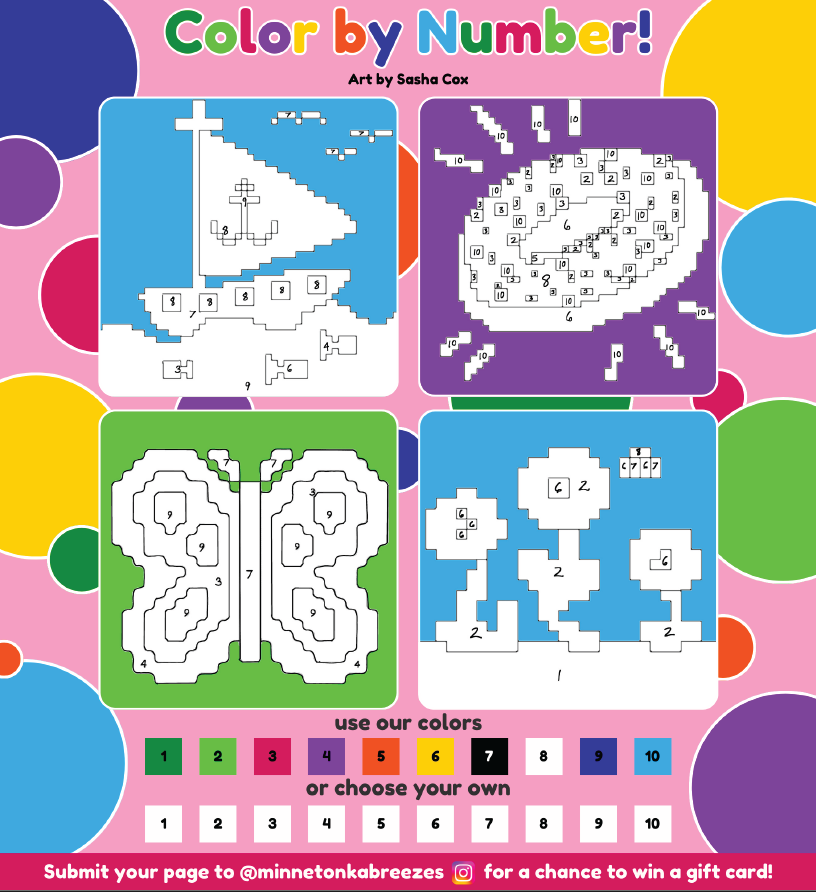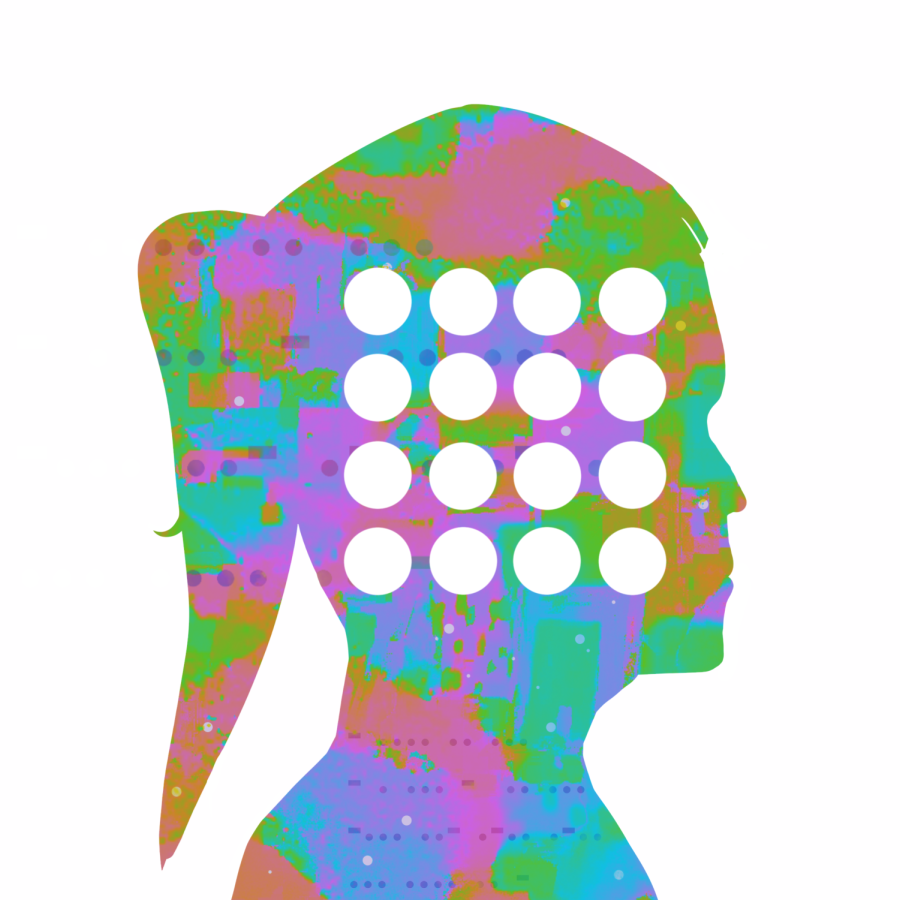Does Knowing Your Myers-Briggs Improve Learning?
March 18, 2022
In high school, students are assessed on their comprehension of academic subjects in different ways, from pop quizzes to presentations to self-guided projects. Teachers typically design assessments to enable students to learn and retain information by writing an essay, memorizing facts and teaching others. While some students may not prefer one type of assessment over another, almost all students, whether they recognize it or not, have a preferred learning style (e.g. one student may prefer to focus on core concepts rather than on small details) that ultimately affects a student’s success on these assessments.
With so many different types of assessments and learning styles, students might wonder how they can perform better on assessments given their learning style. Similarly, teachers may wonder how they can better teach and assess their students so a student’s unique learning style does not negatively impact their performance. Interestingly, some credit the Myers-Briggs Type Indicator (MBTI) as a potential answer to both of these challenges.
MBTI is a popular personality questionnaire that indicates how different people view the world and make decisions. MBTI groups individuals into one of sixteen four-letter personality types that represent whether an individual is extroverted (E) or introverted (I), sensing (S) or intuition (N), thinking (T) or feeling (F) and judging (J) or perceiving (F). Although the Myers-Briggs is derived from some established psychological theories, it has also been criticized for its poor reliability and potential to stereotype people. That said, some argue that MBTI can still allow someone to better understand their strengths and weaknesses.
Ann Holm is one of the leading MBTI experts in the world, an executive coach and MBTI master practitioner. When asked how a student could use their MBTI to understand how they best learn, she provided an example.
“One of my clients is an ENFP, so her dominant learning style is one of immense possibilities. She is not a detail-oriented person. But in our conversations, she told me she used memorization to try to do well in school, but that is one of the most ineffective ways for an ENFP to learn. An ENFP needs to understand broad concepts first and then hang certain details onto those broad concepts. The type opposite of an ENFP, an ISTJ, is really good at memorization. They are like a massive card catalog. They just remember these archive details, so their style would be a lot more about memorization,” Holm said.
When asked about how a student could discover their MBTI to determine their learning strengths and weaknesses, Holm said that “a student can get a better perspective on their type by looking for their dominant functions. There are eight of them. If a person were to look at those eight functions, it can be one of the ways to dial into a person’s true personality type. There are variations with [the results of MBTI] quizzes, but if a person could identify their dominant function, they could narrow down their type to one or two options.”
Still, while MBTI can be helpful in certain settings, Holm cautions that it can also be misused in others.
“When you use it to restrict a person’s choices, stereotype or as a parlor game, it is absolutely not useful. When you look at it as [a tool to] developing some self-awareness and as part of your personality in general, it can be very helpful. There are so many applications where MBTI is useful. MBTI is a way to understand your general strengths and a way to point you to look at things you don’t do well at and see if you can get better at them,” said Holm.
When asked about her opinion about how helpful MBTI might be in the journey to becoming a better learner, Annie Zhao, ‘23, said, “I don’t necessarily think that MBTI affects the way we learn, but I think it might show how we learn in different environments. I think knowing your MBTI can help you understand how you process information, but I don’t think it determines it.”
Overall, while MBTI is not necessarily the solution to acing a test, it may be helpful in understanding one’s learning style. Still, students need to be cautious about how they approach this multifaceted tool.






